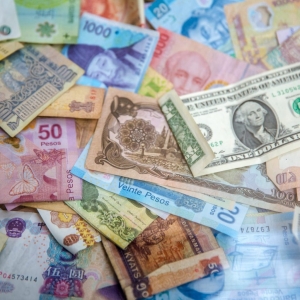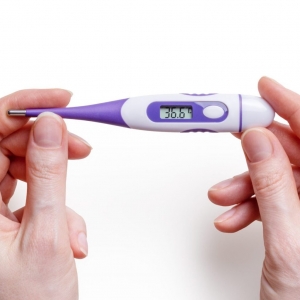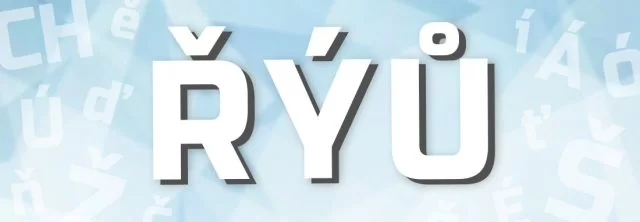Softening of consonants means that certain syllables are pronounced differently with a weaker sound. It happens when a syllable contains a certain consonant in combination with letters Ě or I.
The importance of Ě
The letter Ě was skipped in the previous lesson because it has a powerful feature to soften the pronunciation of syllables. The consonants which trigger this change are d, t, n, b, p, v, m, f.
DĚ, TĚ, NĚ
The three most common letters linked with Ě are d, t, n, forming syllables dě, tě, ně. These are always pronounced with a weakened sound, using the pronunciation of letters ď, ť, ň – like English duke, tube, new – [ďe, ťe, ňe].

grandpa

carpark

pumpkin

puppy
BĚ, PĚ, VĚ, FĚ
Four other softened consonants are b, p, v, f in bě, pě, vě, fě. All of these syllables include the sound of letter j – like English yes – [bje, pje, vje, fje].

rake

foam

curtain

about a carafe
MĚ
The letter m in combination with ě forms mě. This is always pronounced as if there was an extra ň in the middle – like English new – [mňe].

currency

Moon

artist

thermometer
DI, TI, NI
The letter Ě is not the only one which has the power to soften syllables. The other one is i in combination with consonants d, t, n.
Therefore, syllables di, ti, ni are pronounced as if there were letters ď, ť, ň [ďi, ťi, ňi]. This is slightly similar to dě, tě, ně sounds, but di, ti, ni are different and it is important to distinguish these two groups.

watch

shadow

pond

sharing
When not to soften
Borrowed words with di, ti ni are not usually soften and they keep the original pronunciation.
The difference between soft and hard
It is important to distinguish the difference between di, ti, ni and dy, ty, ny since mispronouncing words can lead to confusion. Examine the following examples:
- dě – děkan, úděl, neděle, rozdělat, pozdě
- tě – tělocvik, Vojtěch, nátělník, nitě, kleště
- ně – Německo, sněžit, jehněčí, kuchyně, slůně
- bě – běsnit, naběračka, oběť, hříbě, sobě
- pě – pěvec, pěstitel, pěkný, napěchovat, kápě
- vě – věci, vědomí, pověra, svěrák, dvě
- fě – katastrofě, nymfě, alfě
- mě – rozměr, odměna, měřítko, směrník, zeměpis
- mě – Země, mělčina, změna, slaměný, směnárna
- di – divočák, divák, hodina, vadit, lidi
- ti – tiskárna, tišit, ploštice, naproti, oblasti
- ni – ničema, nikam, rolnička, učebnice, blázni
- di, ti, ni – diskotéka, sediment, etika, atipický, Monika, ikonický
- di-dy – vadí – vady, rodí – rody, sudí – sudý
- ti-ty – letí – lety, svatí – svatý, potratí – potraty
- ni-ny – honí – hony, paní – pany, slaní – slaný









